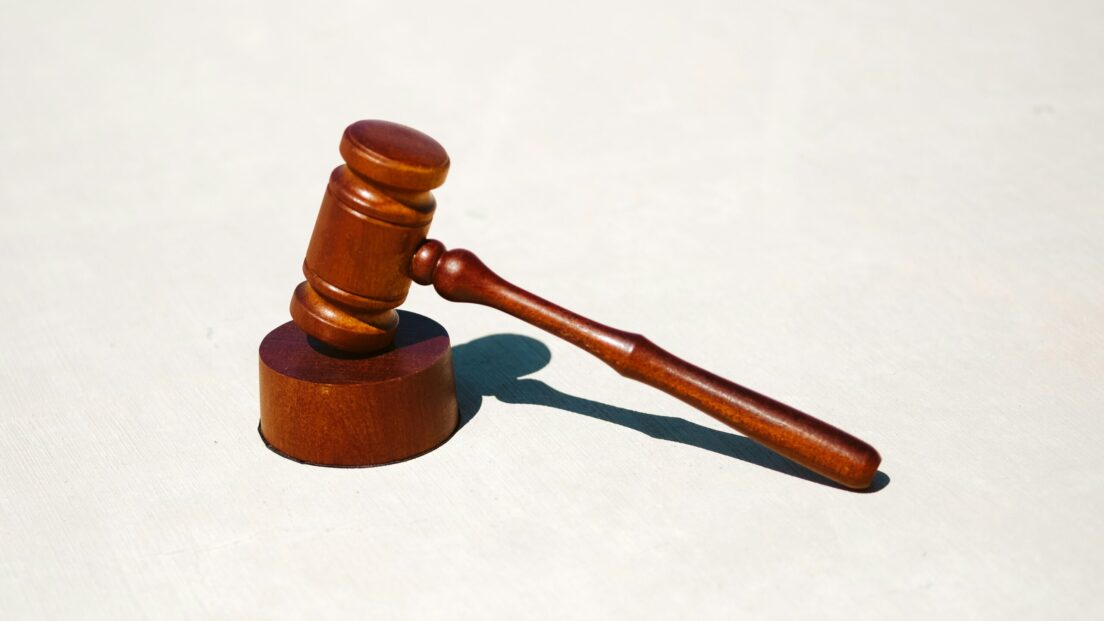Stricter rules against squatting

The National Council has passed an amendment to the law by a clear majority that is intended to give property owners more room for manoeuvre in the fight against squatters. The new regulation enables homeowners to remove squatters more quickly and independently. A move that triggered controversial debates and will now be discussed by the Council of States.
On Monday, the National Council voted 123 to 64 with two abstentions in favour of an amendment to the Civil Code that gives property owners more options in dealing with squatters. The key point of the new regulation is the extension of the right to self-help. In future, homeowners will not only be allowed to remove squatters immediately after the start of a squat, but also within a “reasonable period” after becoming aware of the squat. Provided that state assistance is not available in time. This change is intended to give owners more flexibility to protect their property.
The Federal Council had originally proposed a more restrictive approach. Self-help should only be permitted if the owner could not have recognised the occupation earlier. However, the National Council overruled this proposal and instead strengthened the rights of owners. Justice Minister Beat Jans warned in vain against undermining the state’s monopoly on the use of force. His appeals for exceptions to this monopoly to be handled restrictively went unheard.
Criticism from the left: “Superfluous tightening“
The left and the Green Liberals rejected the bill and described it as unnecessary. During the debate, Christian Dandrès warned of the long-term consequences of the new regulation: “This undermines the state’s monopoly on the use of force and sets a dangerous precedent.” Opponents argued that the existing laws were sufficient and that there were only a few cases anyway. Jacqueline Badran criticised the fact that decades of proven practice in cities were being overridden.
However, the centre-right majority in the National Council took a different view. They emphasised that the property rights of homeowners were currently inadequately protected. The SVP in particular sharply criticised left-green city governments, accusing them of being too lax in their treatment of squatters. The new regulation should not only strengthen the rights of owners, but also make the authorities more accountable. In future, they will have to provide assistance in good time and court injunctions against squatters are to be simplified. Especially in cases where the identity of the squatters is unknown.
Future-orientated or superfluous?
The change in the law is a further step in a long-standing debate on how to deal with squatters. While those in favour of the new regulation see it as forward-looking and necessary to protect property rights, opponents see it as a superfluous tightening of the law that creates more problems than it solves. The bill now goes to the Council of States, where the discussions are likely to be just as heated.
One thing is clear: the question of how much personal responsibility should be granted to property owners in the fight against squatters remains a polarising issue. The decision of the Council of States will show whether Switzerland will take a more restrictive course in future – or whether the critics are right and the existing regulations are sufficient.